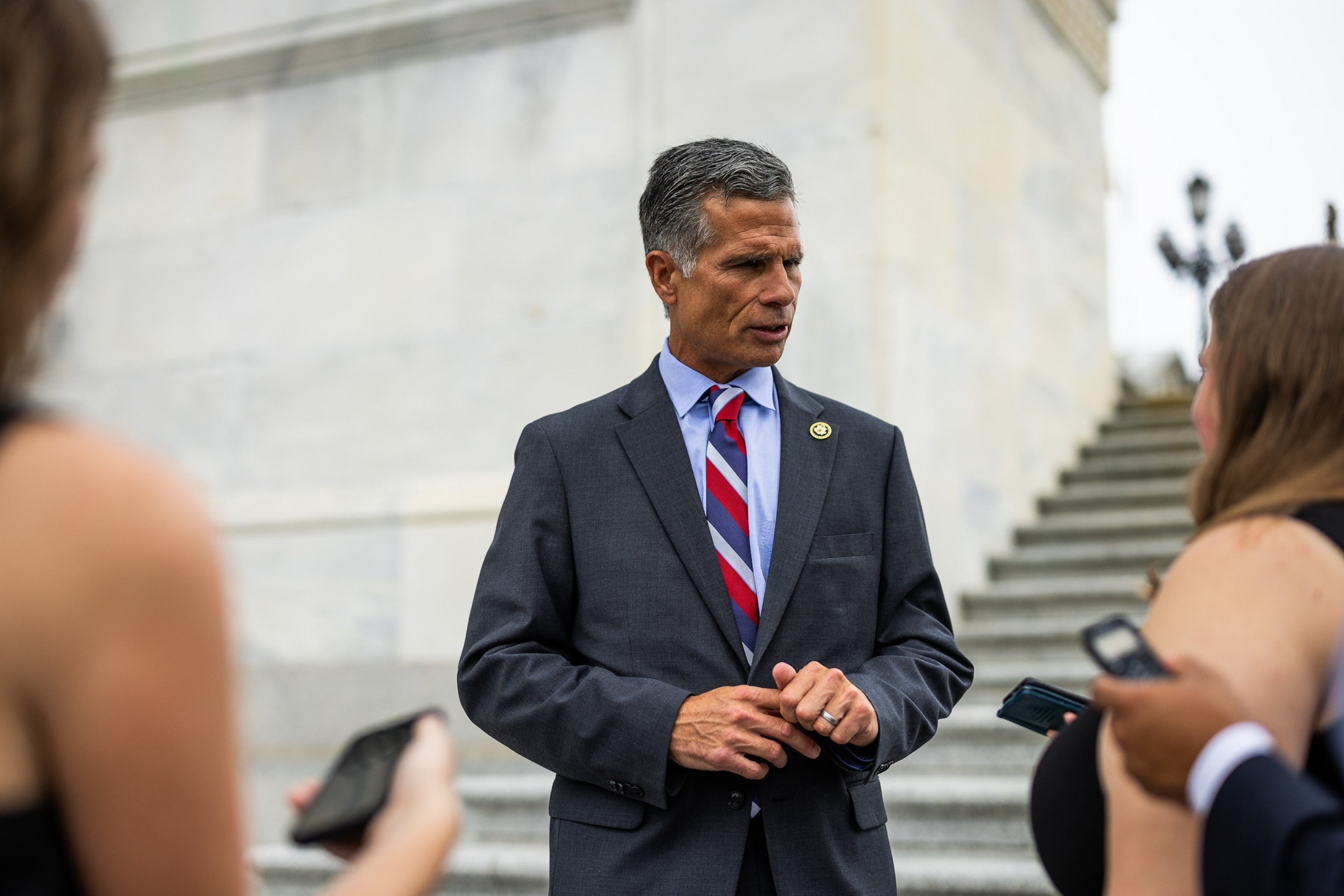- 14 nations were sent messages by U.S. President Donald Trump on Monday, detailing significant tax increases that will impact their products starting August 1st.
- World markets ignored the announcement, as stock indices in the Asia-Pacific region and Europe showed a quiet reaction on Tuesday.
- A possible explanation could stem from Trump’s apparent willingness to adapt regarding the new regulations. When speaking with journalists on Monday, he described the August 1st deadline as “solid, yet not entirely inflexible.”
U.S. President
Donald Trump
imposed harsh tax rates on 14 trade allies — yet international financial markets have thus far ignored the updated regulations.
The president
reported on Monday that he had delivered correspondence
To the leaders of Japan, South Korea, Malaysia, Kazakhstan, South Africa, Laos, Myanmar, Bosnia and Herzegovina, Tunisia, Indonesia, Bangladesh, Serbia, Cambodia, and Thailand. Each correspondence outlined updated tax levels for products imported from each nation into the United States.
New tax rates, varying between 25% and 40%, will take effect on August 1st.
Equity markets across Asia-Pacific—some of which will face direct effects from the latest tariffs—showed a quiet reaction on Tuesday. Japan’s key Nikkei 225 index closed up 0.3%, whereas South Korea’s Kospi rose by 1.8%.
European stock exchanges also ended the day with increases during the initial trading period following Trump’s statements released late on Monday. The pan-European Stoxx 600 index rose by 0.33%, fluctuating between minor declines and rises throughout the session.
Nevertheless, on Wall Street, stock declines continued from the prior day when President Donald Trump stated on Tuesday that there would be no exemptions for the August 1 tariff implementation date.
It’s a significantly different response compared to the volatile movements observed in April, following Trump’s first “reciprocal tariffs” declaration.
sparked a global sell-off
.
The return of the “TACO” trade
A possible explanation could stem from Trump’s apparent willingness to adopt a more adaptable stance toward the new regulations. When speaking with journalists on Monday, he described the August 1st deadline as “solid, yet not entirely absolute.”
“If [the affected nations] reach out and express a desire to approach things differently, we will remain receptive,” the president stated.
As per Dan Coatsworth, an investment analyst at AJ Bell, financial markets expect Trump to abandon his tariff policy.
“The ‘
TACO’ (Trump Always Chicksens Out) deal
has returned to discussion following the Trump administration’s most recent statements regarding tariffs, which provided some respite for financial markets,” he stated in a note released early Tuesday, noting that the recent changes eliminated the “immediate precipice” associated with the July 9 tariff deadline.
Nevertheless, the update further extends the duration of ambiguity that authorities, businesses, and individuals are facing.
The possibility exists that certain major U.S. trade allies—such as the European Union, India, and Taiwan—did not receive letters on Monday because they may be nearing finalizing initial agreements—or might soon receive them, according to Paul Ashworth, chief North America economist at Capital Economics, who mentioned this in a note released on Monday.
Without agreements, the actual tariff rate on American imports would increase from 15.5% to 17.3%, he stated. By the end of 2024, it had been at 2.5%.
Considering the minimal effect of tariffs on American consumer prices so far and the fact that tariff income is currently being reinvested through…
Republican Megabill
“the fallout should be manageable,” he stated regarding the bill that Congress recently approved.
Europe trade deal optimism
In Europe, the subdued response from stock markets could also stem from optimism that an EU-US trade agreement will be reached, preventing the 20% tax the White House intended to apply to the region’s products.
A European Union official stated on Monday that the European Union might get a message from Trump later this week, providing additional time for the organization to finalize an agreement with the White House. This comprehensive deal is expected to involve a minimum tariff of 10 percent and could exempt specific items—like airplanes and alcoholic beverages—from these charges. However, the official acknowledged that “it ultimately depends on Trump.”
It was also
widely reported
on Monday, European Commission President Ursula von der Leyen mentioned having a “positive conversation” with Trump during the weekend.
Kiran Ganesh, a multi-asset strategist with UBS Global Wealth Management’s Chief Investment Office, stated on Tuesday morning that it was significant that the EU had not yet received a letter—possibly due to an imminent agreement, which has eased investor concerns.
Ganesh stated via email that overall, the market appears mostly at ease with the notion that tariffs are expected to remain near the present effective level (15%), although there may be reduced tariff rates per country and increased tariffs specific to certain sectors such as semiconductors, pharmaceuticals, and minerals.
Overall, none of the letters have altered the market’s perspective on where tariffs will ultimately be set, nor the process through which they will get there (including threats and discussions).
According to Toni Meadows, chief investment officer at London-based BRI Wealth Management, investors had already accounted for the likelihood that numerous trade agreements might fail to be finalized prior to the July deadline—but he indicated that certain investors could be showing excessive confidence.
“A single comprehensive trade agreement might require several months, or even years, to finalize, which is why the market did not think achieving 90 partial agreements within 90 days was feasible,” he said in an email.
Currently, investors appear at ease with following Trump’s unpredictable approach to shaping policies, yet retaliatory tariffs act as a levy on economic activities, making it premature to assess their true effect on the economy. Maybe circumstances could shift if we begin observing a clear connection in economic data.
The U.S. government shouldn’t assume that investors will remain so optimistic forever, he further stated.
“The deadline extension does not give enough time for proper negotiations and shortly after that we have the usual pantomime with regard to the U.S. debt ceiling to contend with.”
—
Ganesh Rao contributed to this report.


